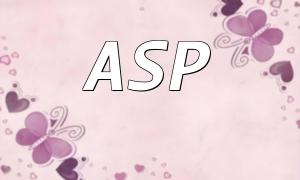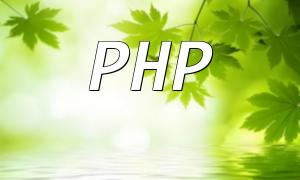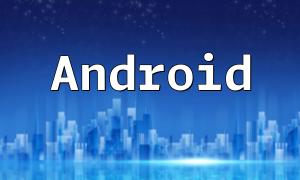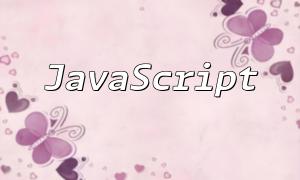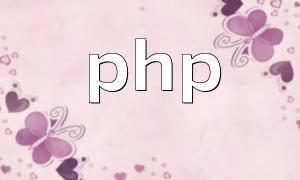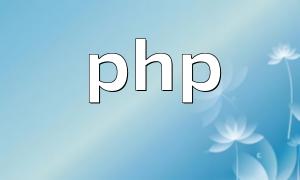PHP coding standards are a set of guidelines and conventions designed to ensure consistency, readability, and maintainability across codebases. Following them helps teams collaborate effectively and maintain high code quality over time.
Common PHP coding standards include:
Code review is an essential part of modern software development. It ensures code quality, reduces bugs, and strengthens team collaboration.
Code reviews can be done manually or automated with the help of tools. For PHP, some commonly used tools include:
Before performing code reviews, it's essential to document and agree on a consistent set of coding standards within the team. This includes naming conventions, file structure, and comment styles.
Conduct regular code review sessions to encourage feedback and collaboration. This promotes knowledge sharing and strengthens the team’s development process.
Document the issues identified during reviews and the suggested fixes. This history can be used for training, retrospectives, or improving team standards over time.
Code review should be an evolving practice. Use feedback and data from past reviews to refine standards, improve tooling, and optimize workflows.
Implementing a structured code review process significantly enhances code quality and team collaboration in PHP development. With the right tools and a unified approach, teams can maintain consistency, reduce bugs, and foster a culture of improvement.
Choose suitable tools, define clear standards, promote review practices, document findings, and iterate regularly to achieve the best results.
// Sample Code
// This is a sample PHP snippet that can be checked with Phpcs for standard compliance.
class Test {
public function test() {
if ($this->_foo) {
echo "Foo is set";
}
}
}

